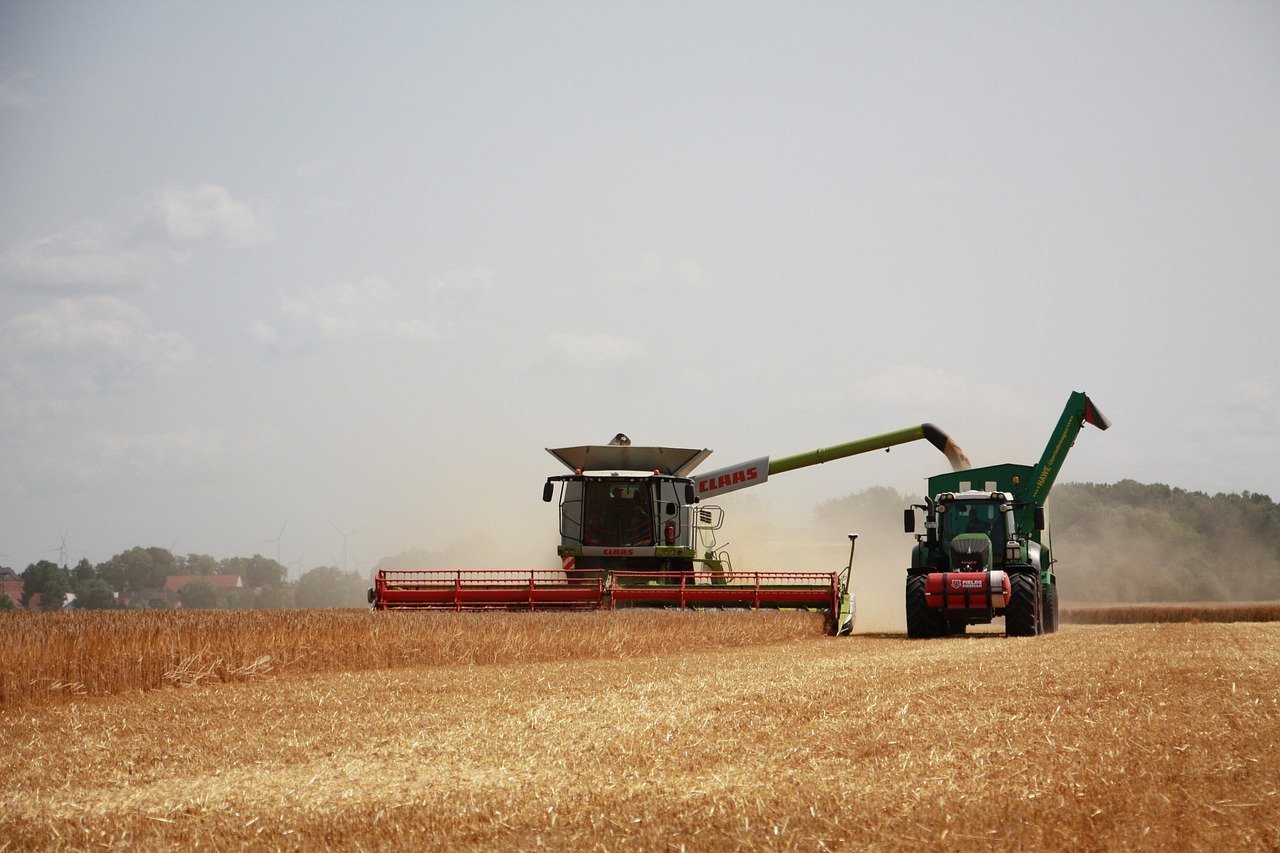
Mental Health For Farmers & Their Familes
Introduction
Farmers and their families face unique challenges that significantly impact their mental health. The agricultural sector is characterized by high levels of stress due to factors such as financial instability, unpredictable weather, long working hours, isolation, and market volatility. This report aims to shed light on the mental health issues prevalent among farmers and their families, explore the contributing factors, and suggest strategies to support this vital but vulnerable community.
Prevalence of Mental Health Issues
Research indicates that farmers are at a higher risk of mental health issues compared to the general population. A study by the UK’s Farm Safety Foundation found that 88% of farmers under 40 rank poor mental health as the biggest hidden problem they face. Depression and anxiety are common, and the suicide rate among farmers is notably higher than the national average.
Contributing Factors
- Financial Pressure: Farming is often financially precarious. Farmers face significant debt due to equipment costs, fluctuating crop prices, and other operational expenses. Financial instability can lead to chronic stress and anxiety.
- Isolation: Rural life can be isolating. Farmers often work alone for long hours, leading to social isolation. Limited access to social networks and mental health services exacerbates feelings of loneliness and depression.
- Weather and Climate: The dependence on weather conditions creates uncertainty. Extreme weather events, such as droughts or floods, can devastate crops and livestock, leading to substantial economic and emotional stress.
- Long Working Hours: Farming is labor-intensive, requiring long and irregular hours. The physical toll combined with mental exhaustion can contribute to burnout and other mental health issues.
- Generational Stress: Many farms are family-run, with significant pressure to maintain the family legacy. This generational stress can impact both the older and younger family members involved in farming.
Impact on Families
The mental health issues faced by farmers also affect their families. Spouses and children experience the ripple effects of stress and anxiety, which can lead to strained relationships and mental health challenges within the family unit. Children growing up on farms may also face the pressure of taking over the family business, adding to their stress and anxiety.
Barriers to Seeking Help
Several barriers prevent farmers from seeking help for mental health issues:
- Stigma: Mental health stigma is particularly strong in rural communities, where self-reliance and toughness are highly valued.
- Accessibility: Rural areas often lack mental health services, making it difficult for farmers to access professional help.
- Awareness: There is often a lack of awareness about mental health issues and available resources among farmers.
Strategies for Support
- Raising Awareness: Initiatives to raise awareness about mental health in farming communities can help reduce stigma. Education campaigns and community programs can promote understanding and acceptance.
- Improving Access to Services: Increasing the availability of mental health services in rural areas is crucial. This can include telehealth options, mobile clinics, and training local healthcare providers in mental health care.
- Community Support Programs: Establishing support groups and community networks can provide farmers with the social support they need. Peer support programs where farmers can share experiences and coping strategies can be particularly effective.
- Financial and Business Support: Providing farmers with financial planning resources, subsidies, and business management training can help alleviate some of the economic pressures that contribute to mental health issues.
- Training and Education: Offering mental health training for farmers, their families, and agricultural advisors can equip them with the skills to recognize and address mental health issues early.
- Policy and Advocacy: Advocating for policies that support the mental health of farmers, such as better insurance coverage for mental health services and funding for rural mental health programs, is essential.
Conclusion
The mental health of farmers and their families is a critical issue that requires immediate attention and action. By addressing the unique challenges they face and implementing targeted support strategies, we can help improve their mental well-being and ensure the sustainability of our farming communities. Supporting the mental health of farmers is not just about helping individuals; it’s about safeguarding the future of agriculture and rural life.

